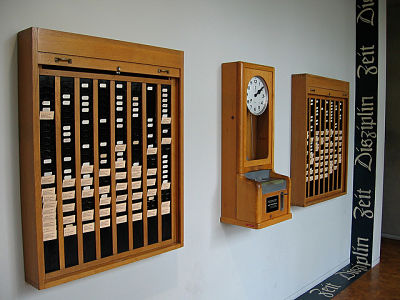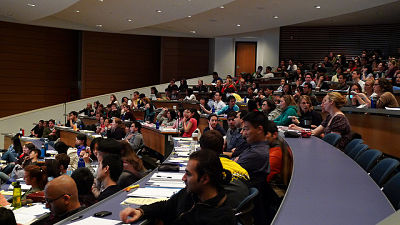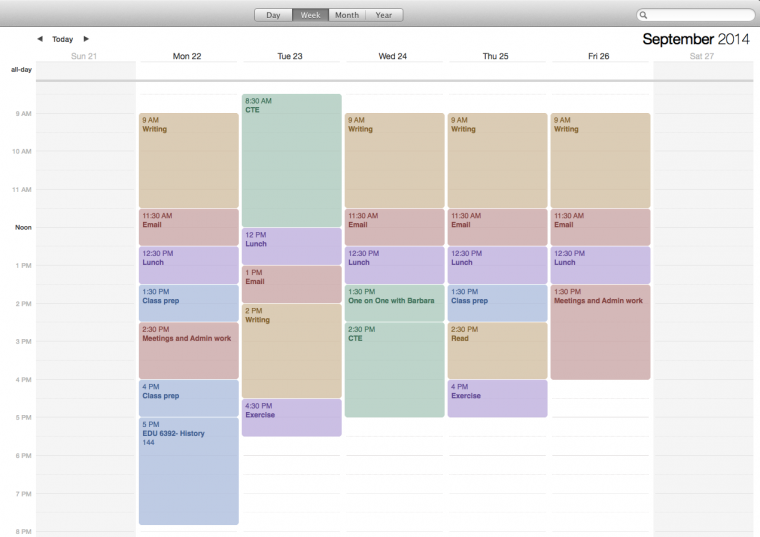Earlier this week, Trish Roberts-Miller published an essay in Inside Higher Ed on working 40 hours a week. She picks up on many of the same themes I’ve addressed here over the past few months including the problem with busyness and the necessity of a weekly schedule. While there will be weeks when a big project is due or an experiment needs more time, there is simply no reason for academics to work 50, 60, or 70 hours a week. I’m amazed at the number of people who feel the need to work this much or at least attempt to work this much. At various points in my career, I’ve certainly fallen into the trap of thinking I need to work this many hours. The reality? Yes, you can work 40 hours a week as an academic. And yes, you can be productive, successful, and get tenure while doing this.

I typically make it a habit to not read the comments in online news stories. Yet, this time I did curious how people would respond to Roberts-Miller’s argument. The following comment struck me.





